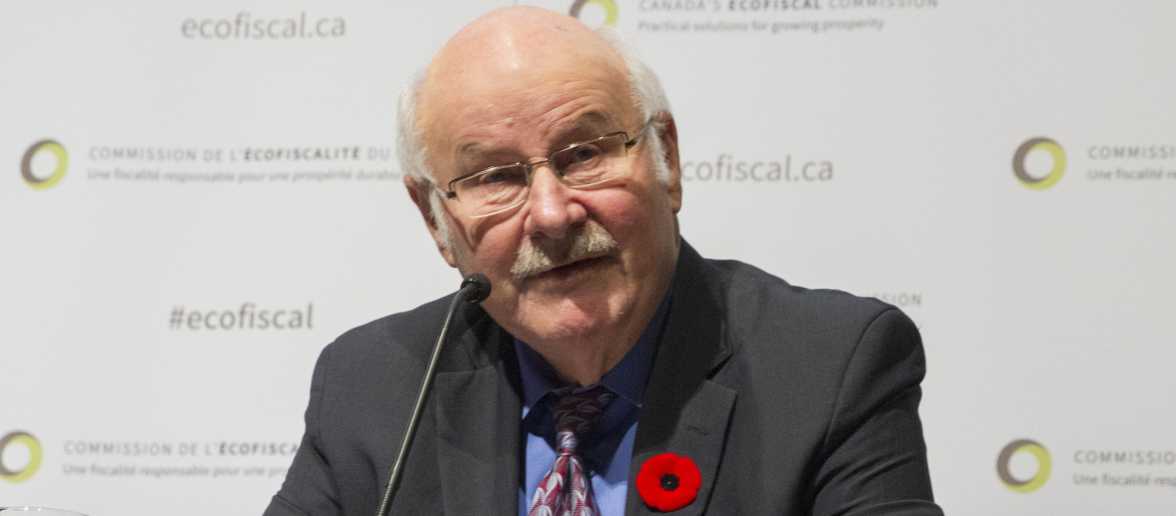
Mike Harcourt “Sustainability Fanatic” says Cities are Where the Rubber hits the Road

When it comes to facing the twin pressures of economic health and environmental sustainability, our cities are where the rubber hits the road. Few people know this better than Mike Harcourt, self-described “sustainability fanatic” and the former Mayor of Vancouver and Premier of British Columbia. As Mike notes, the majority of Canadians live in cities and our cities are growing. They are, indeed, the economic engines of our national economy. Urban sprawl, waste management, traffic congestion and transportation, clean and accessible drinking water, and climate adaptation are major issues that cities must face. These are issues that directly impact Canadians’ everyday experience – urban life is increasingly about figuring out how to make a living in a livable place.
As noted in the Ecofiscal Commission’s first report, ecofiscal policies present cities with a significant tool to tackle these issues. The benefits are two-fold. First, they create incentives for sustainable actions and innovations that make our cities more livable. Second, they create a source of revenue that cities can invest wisely back into their communities and economies—for example, by lowering property taxes or investing in critical infrastructure.
Revenue recycling opportunities for cities
This “revenue recycling” opportunity is an important consideration for cities given their limited powers to generate revenue. As Naheed Nenshi, Mayor of Calgary, said in a recent Globe and Mail article, “big Canadian cities are having a hard time just paying for their commitments to provide ordinary services, much less make needed long-term investments in essential infrastructure. It’s not realistic to ask them to find all the money just by raising property taxes or trimming fat in their operations.”
Ecofiscal policies can help cities reconcile the pressure to grow sustainably with the need to balance the budget. And the good news, according to Mike Harcourt, is that many cities are already starting to take the lead.
Across the country, there are great examples of municipalities exploring creative ecofiscal approaches to tackling urban challenges. Toronto, for example, was able to use a water-pricing initiative to reduce residential water use by 24%, even with population growth. Edmonton, Calgary, Halifax, Regina and Victoria have all tackled storm-water run off problems with user-fees. Kitchener and Waterloo introduced storm-water utility fees a few years ago, transferring the cost out of property taxes. The revenue raised helps maintain critical waste water infrastructure. In Greater Vancouver, parking and fuel fees have helped reduce car trips and increase transit, walking, and cycling, while providing revenue for the city’s public transit agency. And in my hometown of Beaconsfield (Quebec), the city is piloting a waste-reduction project with the ultimate aim of introducing by-the bag pricing to reduce household waste.
As a country, our success at achieving economic and environmental goals will largely rely on building sustainable cities. Ecofiscal policies can play a meaningful rule in doing that. What’s more, these tools can help us build the livable communities that Canadians in our biggest cities overwhelmingly desire.




Comments are closed.